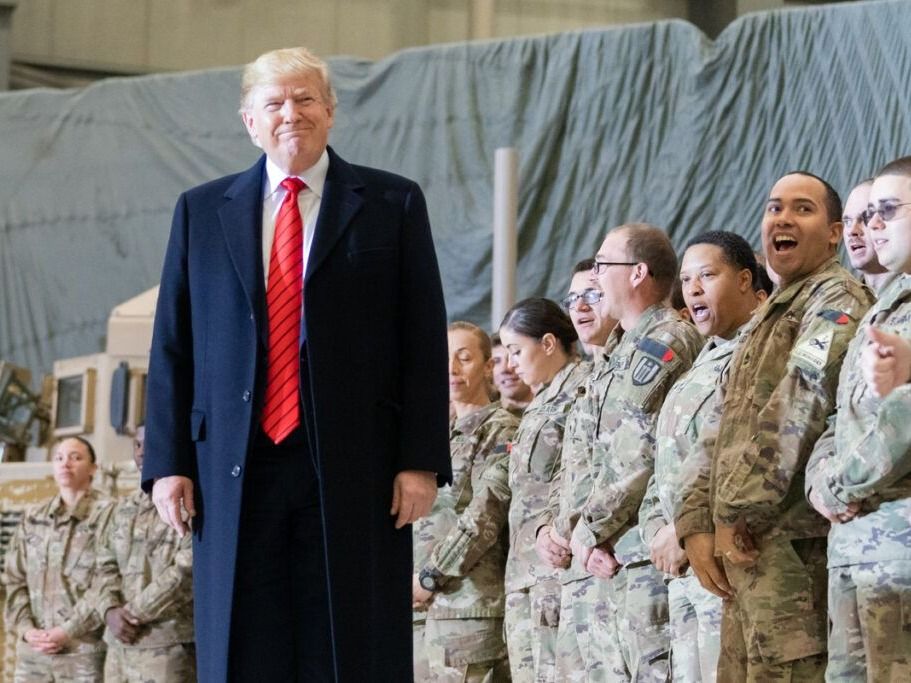WASHINGTON (AN) — U.S. President Donald Trump signed an executive order on Thursday allowing sanctions to be imposed on International Criminal Court officials who try to investigate alleged U.S. war crimes in Afghanistan.
Trump's unusual executive order declares a "national emergency" in an effort to shut down the "threat" of prosecution by the ICC, based in The Hague, Netherlands, and "its illegitimate assertions of jurisdiction over personnel of the United States and certain of its allies."








